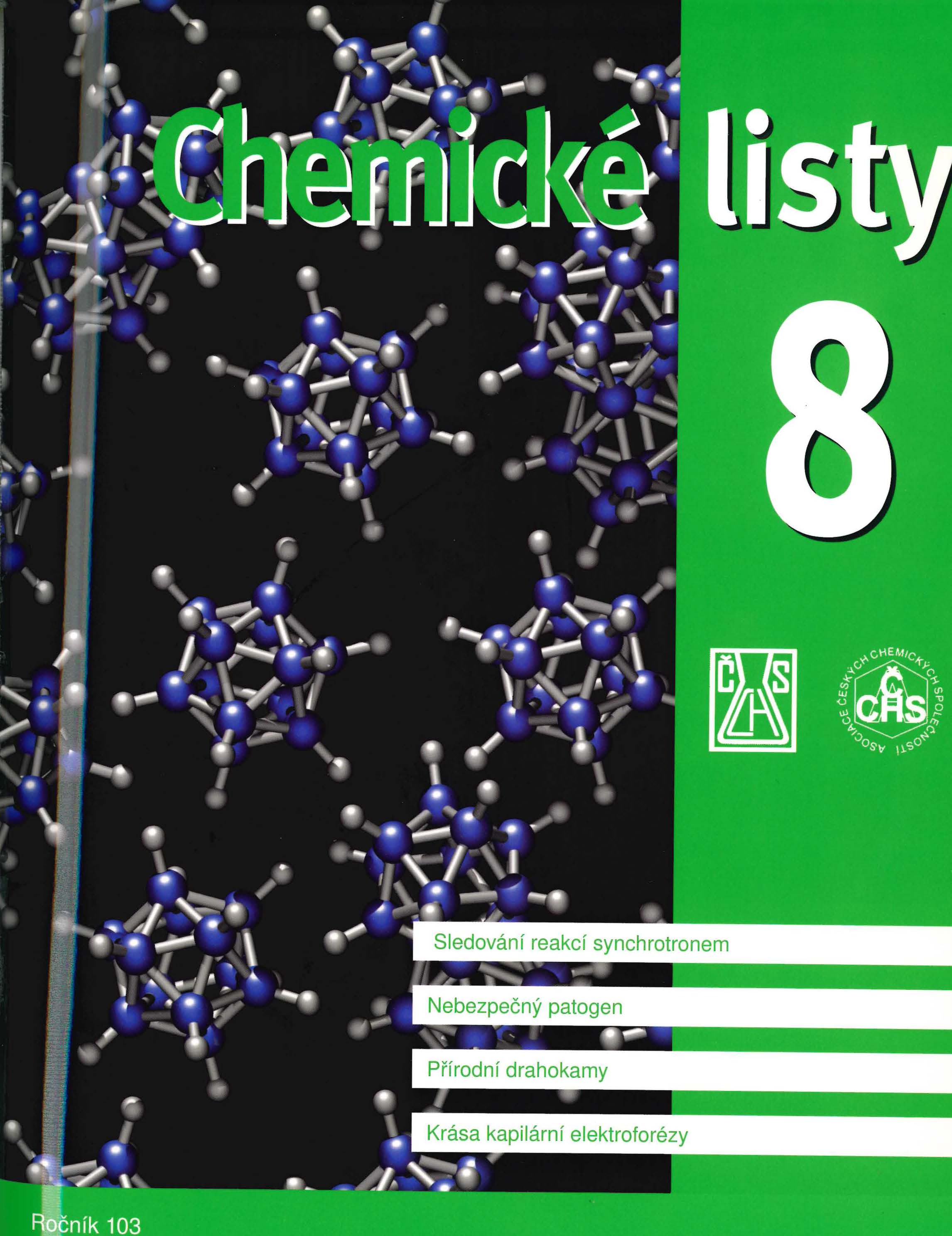Electron Spin Resonance Determination of Hydroxyl and Nitroxide Radicals in Depressions and Hyperlipidemia
Keywords:
oxidative stress, hyperlipidemia, depression, EPRAbstract
Increasing attention has been paid to clinical manifestation of oxidative stress and reactive oxygen and nitrogen species (RONS), e.g. in atherosclerosis, diabetes mellitus, hyperlipidemia, neurodegenerative and psychiatric diseases. The most clinically significant RONS are free radicals (superoxide anion, hydroxyl and nitroxide radicals) and non-radical species (peroxynitrite, hydrogen peroxide). The aim of this study was to investigate by EPR the concentrations of hydroxyl and nitroxide radicals in blood serum of patients with hyperlipidemia and with depressions and to compare them with healthy persons. Nitroxide radical concentrations were significantly higher in the depressive patients compared with controls. The clinical significance of this finding is not quite clear, but it supports the hypothesis on the participation of oxidative stress in pathogenesis of depressive disorders.





